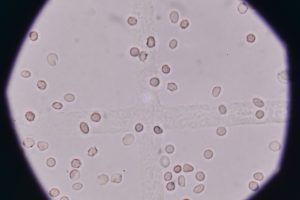The scientific journal Human Reproduction (Oxford Journals) has published a study, prepared by international experts, which rejects the therapeutic possibilities of stem cells in the field of human fertility.
Dr. Rita Vassena (Eugin Clinic), coordinator of the study: “Our reproductive cells are highly complex and our body carries out many ‘quality controls’, so replicating these sophisticated steps in vitro is very difficult.”
